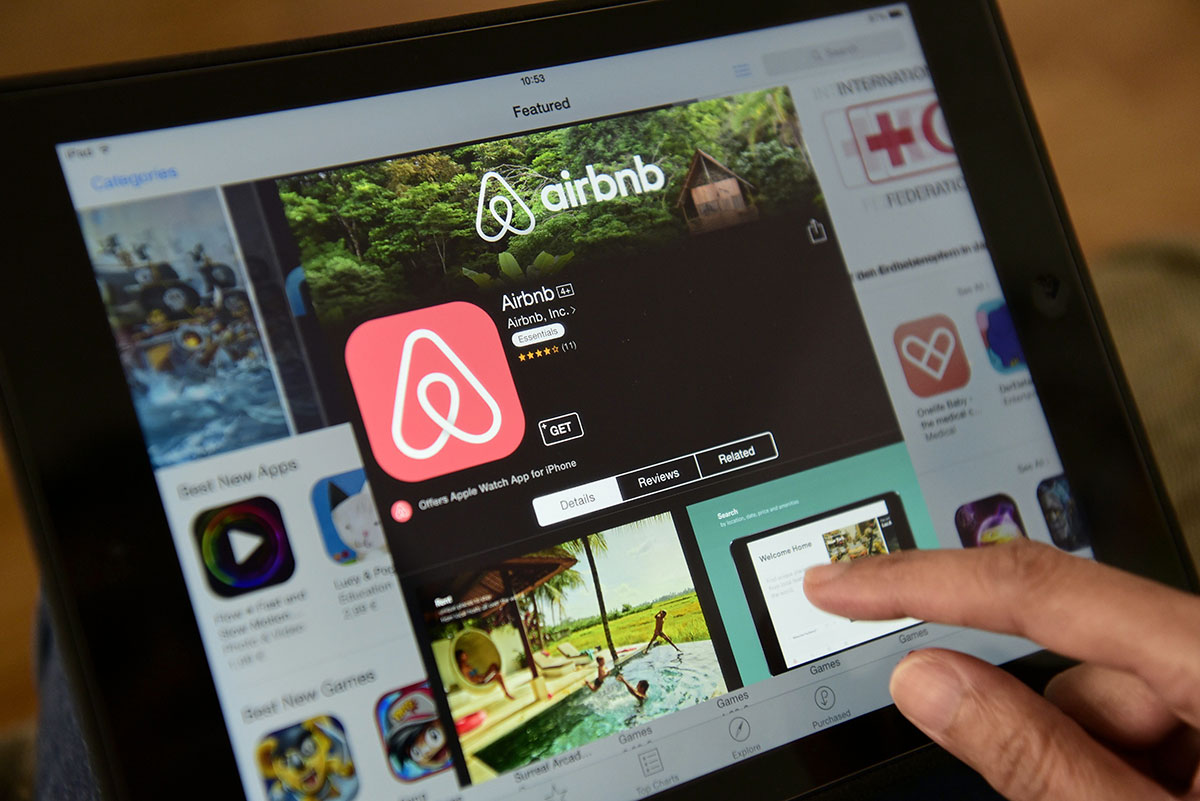Revenues for Dubai properties listed on Airbnb, the online community marketplace, increased by 69 percent in 2018, reaching more than $101 million, according to new research.
Chestertons MENA, the real estate services firm, said in its latest report that as of December, active listings had increased by 26 percent to 5,009 units compared to 2017 during which 3,987 units had been listed.
The report identified Downtown Dubai, Palm Jumeirah, Dubai Marina, Dubai Media City 2 and Al Barsha as the densest areas for holiday home rentals, with each area commanding an average daily rate (ADR) of $241, $359, $218, $129 and $188 respectively.
Airbnb’s best performing property in Dubai in 2018 was a 6-bedroom, 7.5-bathroom villa on Palm Jumeirah which accommodates up to 12 people, earning a total of $428,436 with an ADR of $1,433.
The report also outlined that demand has supported the increase in available units with average occupancy levels reaching 65 percent during Dubai’s peak season in March.During the same period in 2017, occupancy levels were at 50 percent. During the low season months of June, July and August, occupancy averaged 49 percent which was higher than the same period in 2017 where occupancy averaged just below 40 percent.
“Looking at the increase in listings in the last nine years, we can see a meteoric rise from just two in 2010 to 5,009 by December 2018,” said Ivana Gazivoda Vucinic, head of Advisory and Research, Chestertons MENA.
“There are a number of factors contributing to the popularity of the online platform. Dubai has a buoyant tourist market and travelers are increasingly looking for personal and authentic holiday experiences, which Airbnb can offer through ‘host’ interaction.
“The other factor is a growing number of individuals, who are either coming to the emirate for contract work, or are on probation, and cannot commit to a traditional annual rental contract as the tenancy cannot be registered if the residency visa is still to be granted. As such, holiday rentals are a practical alternative,” she added.
In terms of rental sizes, the mix ranges from studios to five-bedroom units, with one-bedroom units dominating the market and accounting for 42 percent of supply, the report noted.
Chestertons MENA said in its most recent Dubai residential market report that one-bedroom properties have been particularly susceptible to market adjustments over the last 12 months which presents an opportunity for many landlords to use Airbnb as an attractive alternative to long-term renting.
With regards to rental returns, Airbnb landlords are typically experiencing an ROI of 2-4 percent higher than the long-term rental yields currently witnessed in the emirate, it added.
“There are a number of reasons why consumers are increasingly turning to Airbnb as their accommodation of choice in Dubai. Notwithstanding the cheaper daily rates and additional space available compared to a hotel room, holiday lets also offer kitchen facilities and can now compete with amenities such as communal gyms, pools, beach access and even concierge services,” said Vucinic.








